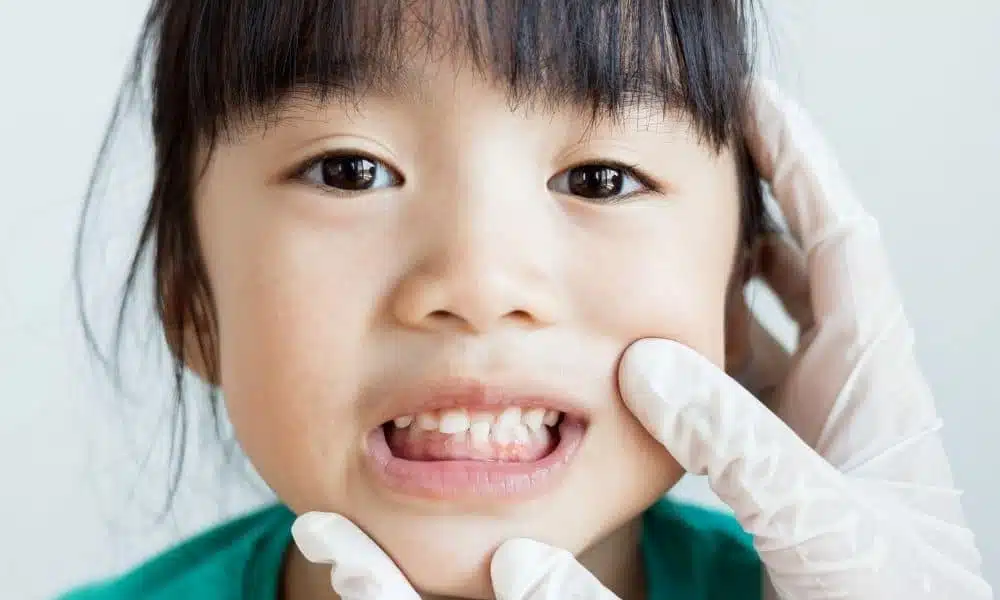Modern dental health is easy to take for granted, but it’s vital for combatting the numerous cavities and other maladies that can afflict our teeth. As we lose our baby teeth and adult teeth grow in, we become especially susceptible to dental issues. Keeping that in mind, here are five signs you should bring your child to an orthodontist to catch and solve issues early.
Overbite or Underbite
While it’s natural for the upper teeth to protrude somewhat so that your mouth can comfortably close, it’s fairly common for children to experience an overbite or underbite when a row of teeth protrudes excessively. An overbite can be identified by an excessive prominence that makes it difficult for your child to fully close their lips. Additionally, if their bite marks indicate that the upper teeth overlap the lower teeth and reach the bottom gum line, this is a sign of an overbite. An underbite, on the other hand, can be identified by a protruding lower jaw or upper teeth that are hidden behind the lower teeth when your child closes their mouth.
Teeth Crowding
The most common issue orthodontics for children addresses is the overcrowding of teeth. Braces are a very common rite of passage most children go through if their permanent adult teeth grow in crooked, overlapping, or in odd ways. It’s best to address this issue sooner rather than later, as the teeth and jaw become less malleable as you age. If left alone, these overcrowded teeth can cause greater difficulties and issues for your child later in life.
Gaps Between Teeth
Of the signs you should bring your child to an orthodontist, this is as common as teeth overcrowding. In fact, one issue often leads to the other—as a tooth crowds its neighbor, it leaves open a large space between itself and the tooth opposite. Braces and retainers once again play a role in correcting this issue by organizing teeth into their proper spaces for a better and healthier smile.
Mouth Breathing
While not explicitly an issue with teeth, an orthodontist is able to help resolve mouth breathing. Mouth breathing and snoring may indicate a blockage in your child’s nose or a problem with their jaw that makes it difficult to stop breathing through their mouth. Treatment will vary depending on the specific issue, but it’s good to know that an orthodontist is who you should visit to address the issue.
Biting Problems
Aside from overbites and underbites, there are other biting problems a child may face. For example, if a child’s jaw is producing a popping sound whenever it moves, whether that be from biting, chewing, or talking, that’s a clear indication it’s time to take them to an orthodontist. Other signs of abnormal biting can be smaller details, such as if your child finds themselves biting the inside of their cheek a lot.

